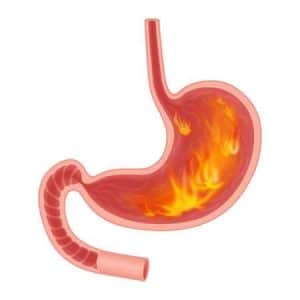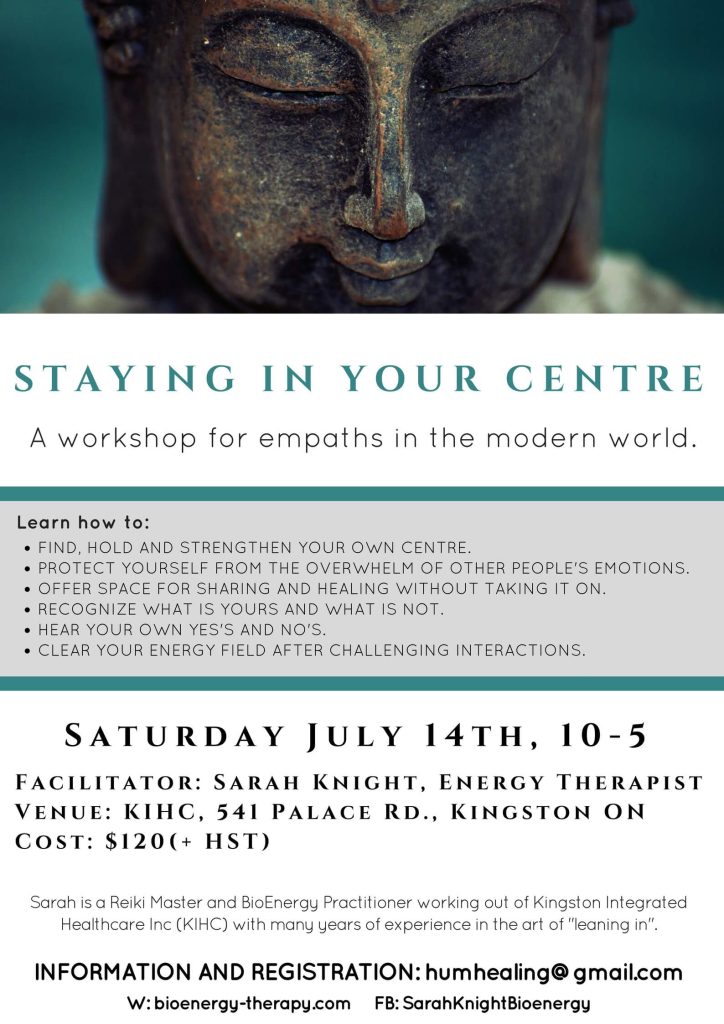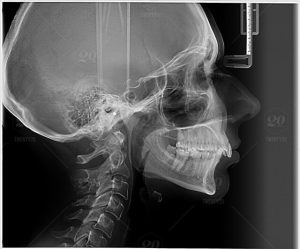Acupuncture for Digestive Disorders

In traditional Chinese medical theory, the two main organs involved with digestion are the spleen and stomach. The spleen is the main organ involved in gastro-intestinal disorders. Spleen governs transport and transformation of food in the body, including the excretion of waste. Spleen-Stomach transforms food into nutrients, which are the sources of Qi (energy) and blood. If there is an imbalance in the spleen or stomach, then a huge variety of associated problems can arise ranging from pain, to chronic fatigue, anxiety to insomnia.[2]
 Mrs. DK is one of my patients who is always on the run.
Mrs. DK is one of my patients who is always on the run.
 We raised $500 for local charity at this year’s Open House! Special thanks to
We raised $500 for local charity at this year’s Open House! Special thanks to  As the stigmas historically associated with mental illness slowly break down, more focus is placed on understanding how exactly these conditions affect so many of us. There is lots of good information available about what exactly happens to brain chemistry, what lifestyle and even dietary changes might help someone in their struggle with mental illness. One strategy that has been shown to help many people dealing with various mental illnesses is CranioSacral Therapy, and I’d like to explain how exactly this works. CranioSacral Therapy is gentle, mechanical manipulation of the individual bones that make up the skull, as well as the sacrum (i.e. your tailbone). This is an important piece: What if there is something STRUCTURALLY contributing to a mental illness?
As the stigmas historically associated with mental illness slowly break down, more focus is placed on understanding how exactly these conditions affect so many of us. There is lots of good information available about what exactly happens to brain chemistry, what lifestyle and even dietary changes might help someone in their struggle with mental illness. One strategy that has been shown to help many people dealing with various mental illnesses is CranioSacral Therapy, and I’d like to explain how exactly this works. CranioSacral Therapy is gentle, mechanical manipulation of the individual bones that make up the skull, as well as the sacrum (i.e. your tailbone). This is an important piece: What if there is something STRUCTURALLY contributing to a mental illness? 

 Chronic pain is a widespread, disabling condition than affects an estimated 20% of people in the world. Pain is usually regarded as chronic if it lasts or reoccurs for periods of 3 to 6 months, which is beyond the normal amount of time for healing. Chronic pain can contribute to anxiety, depression, disability, sleep disturbances, poor quality of life and certainly impacts healthcare costs.
Chronic pain is a widespread, disabling condition than affects an estimated 20% of people in the world. Pain is usually regarded as chronic if it lasts or reoccurs for periods of 3 to 6 months, which is beyond the normal amount of time for healing. Chronic pain can contribute to anxiety, depression, disability, sleep disturbances, poor quality of life and certainly impacts healthcare costs. I’d like to share with you a
I’d like to share with you a  Dear patients and friends,
Dear patients and friends,